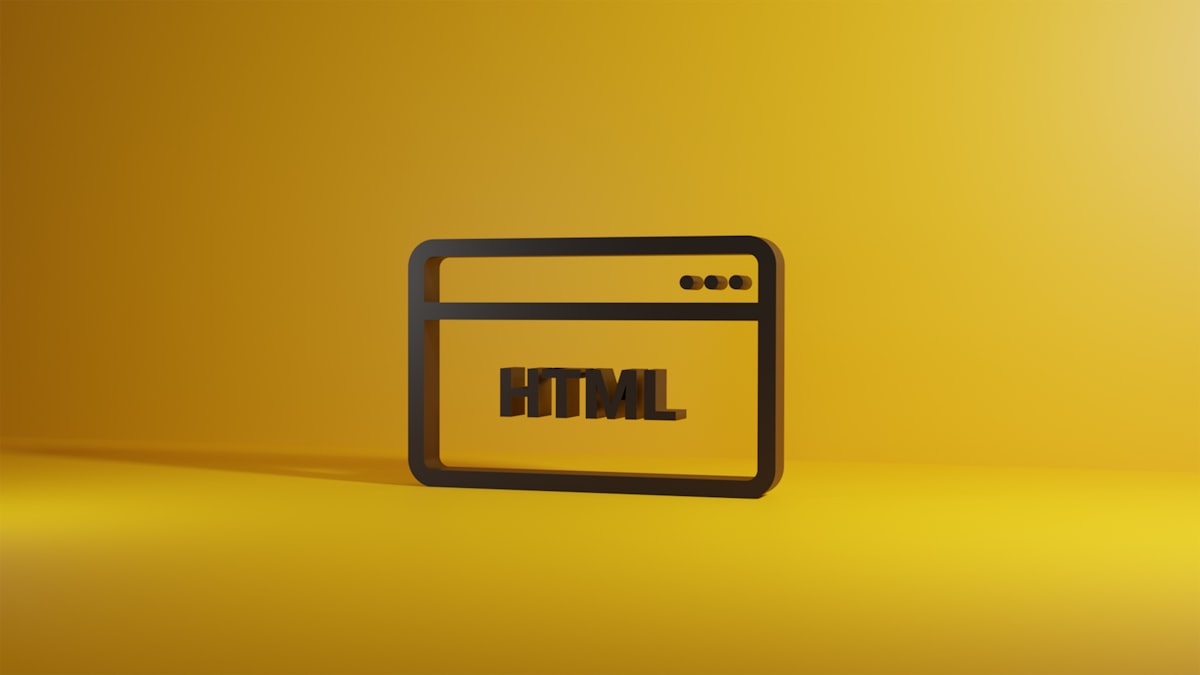Content Management Systems (CMS) are essential tools for website owners, providing efficient ways to create, organize, and manage digital content. With a plethora of options available, choosing the right CMS can significantly impact a website’s performance, scalability, and user experience. In this article, we’ll explore some of the top CMS platforms that empower website management and content creation.
- WordPress: WordPress is the undisputed leader in the CMS landscape, powering over 40% of all websites on the internet. It offers a user-friendly interface, a vast ecosystem of plugins and themes, and robust community support. Whether you’re a blogger, small business owner, or enterprise, WordPress provides unparalleled flexibility and scalability.
- Joomla: Joomla is a powerful open-source CMS known for its versatility and extensibility. It’s suitable for building various types of websites, including corporate portals, e-commerce stores, and community forums. Joomla offers advanced content management features, user access controls, and a thriving extension marketplace.
- Drupal: Drupal is a highly customizable CMS favored by developers and large organizations for building complex websites and web applications. It provides advanced functionality for content modeling, workflow management, and multilingual support. Drupal’s modular architecture and extensive API support make it a preferred choice for enterprise-level projects.
- Magento: Magento is a leading e-commerce platform designed for businesses of all sizes. It offers a comprehensive suite of features for managing product catalogs, processing orders, and optimizing sales channels. Magento’s flexible architecture, scalability, and extensive customization options make it a popular choice for online retailers.
- Shopify: Shopify is a fully hosted e-commerce platform that simplifies the process of creating and managing online stores. It offers a user-friendly interface, built-in payment processing, and a wide range of customizable themes and apps. Shopify is ideal for entrepreneurs and small businesses looking to start selling online quickly and efficiently.
- Wix: Wix is a popular website builder that offers an intuitive drag-and-drop interface for building websites without any coding knowledge. It provides customizable templates, built-in SEO tools, and integrated hosting, making it suitable for small businesses, freelancers, and creatives.
- Squarespace: Squarespace is another user-friendly website builder known for its beautiful templates and design-focused approach. It offers built-in tools for blogging, e-commerce, and marketing, as well as seamless integrations with third-party services. Squarespace is ideal for artists, photographers, and creative professionals looking to showcase their work online.
- Ghost: Ghost is a modern CMS specifically designed for bloggers and online publications. It focuses on simplicity, speed, and a distraction-free writing experience, making it an excellent choice for writers and journalists. Ghost offers built-in SEO tools, membership features, and integrations with popular publishing platforms.
In conclusion, the choice of CMS depends on various factors such as website requirements, technical expertise, and budget constraints. Whether you’re looking for a robust e-commerce platform, a flexible content management system, or a simple website builder, there’s a CMS out there to suit your needs and help you create a successful online presence.
Source : CheapCpanel
Cheap Cpanel License







